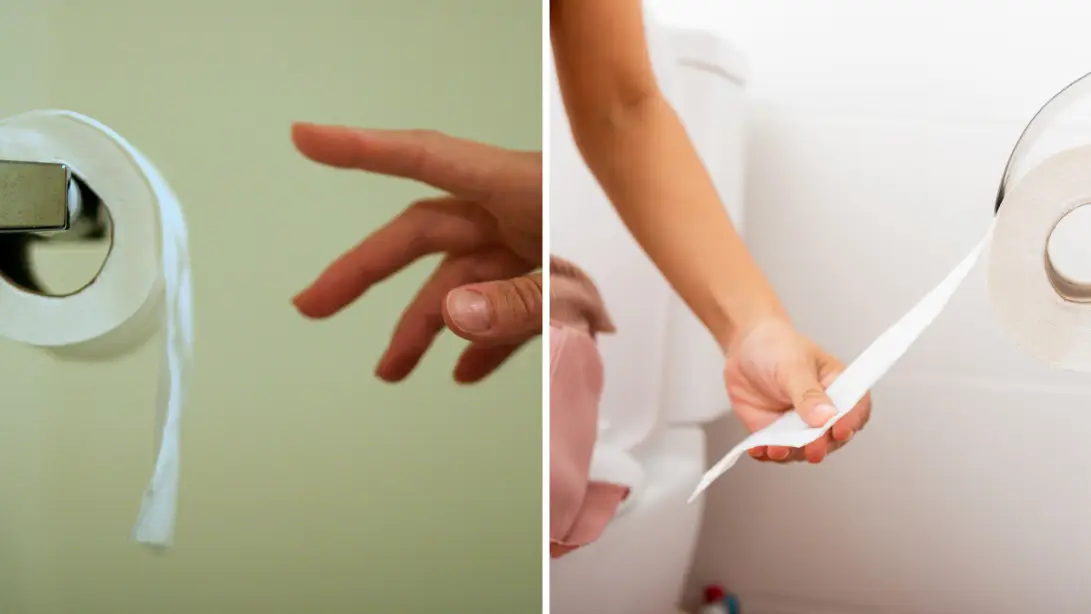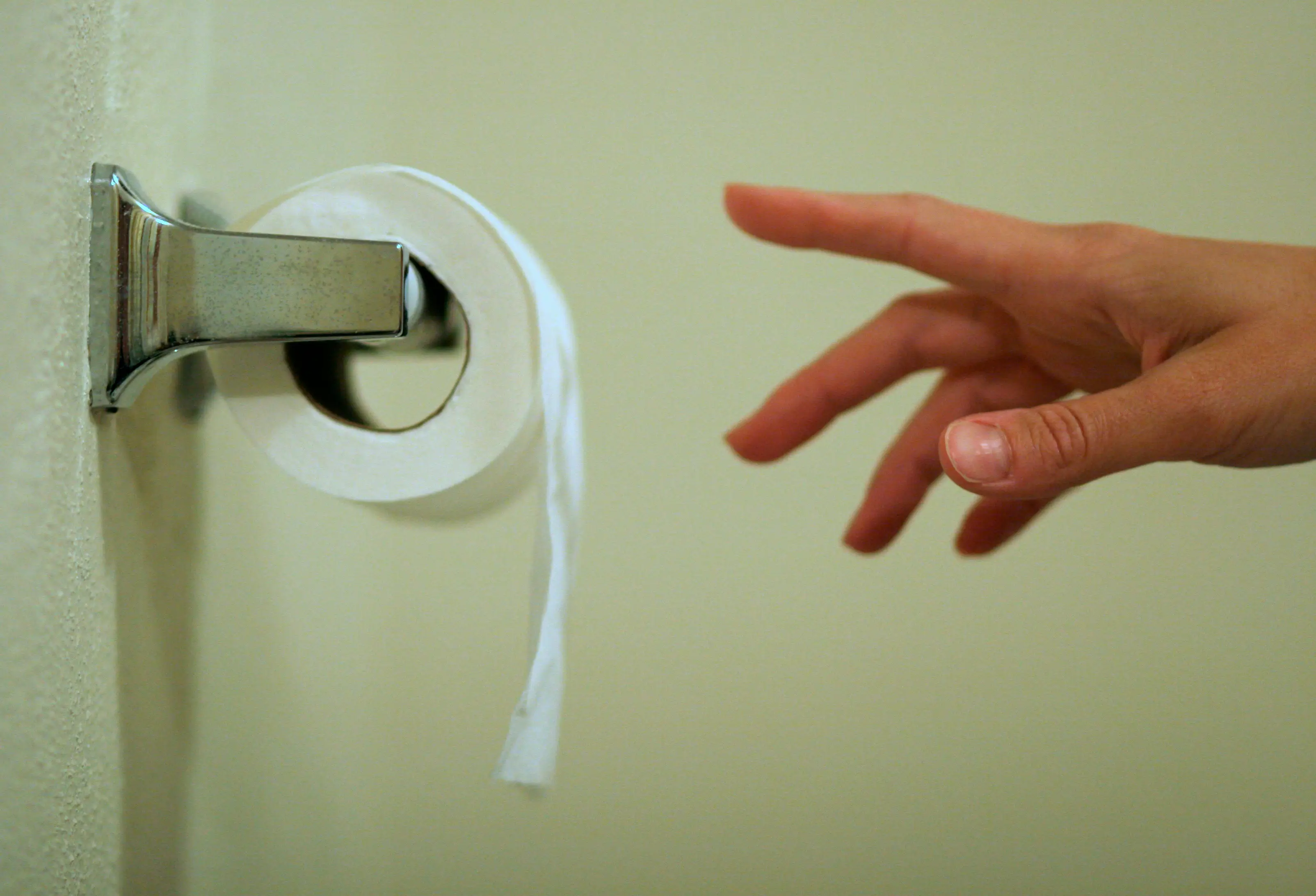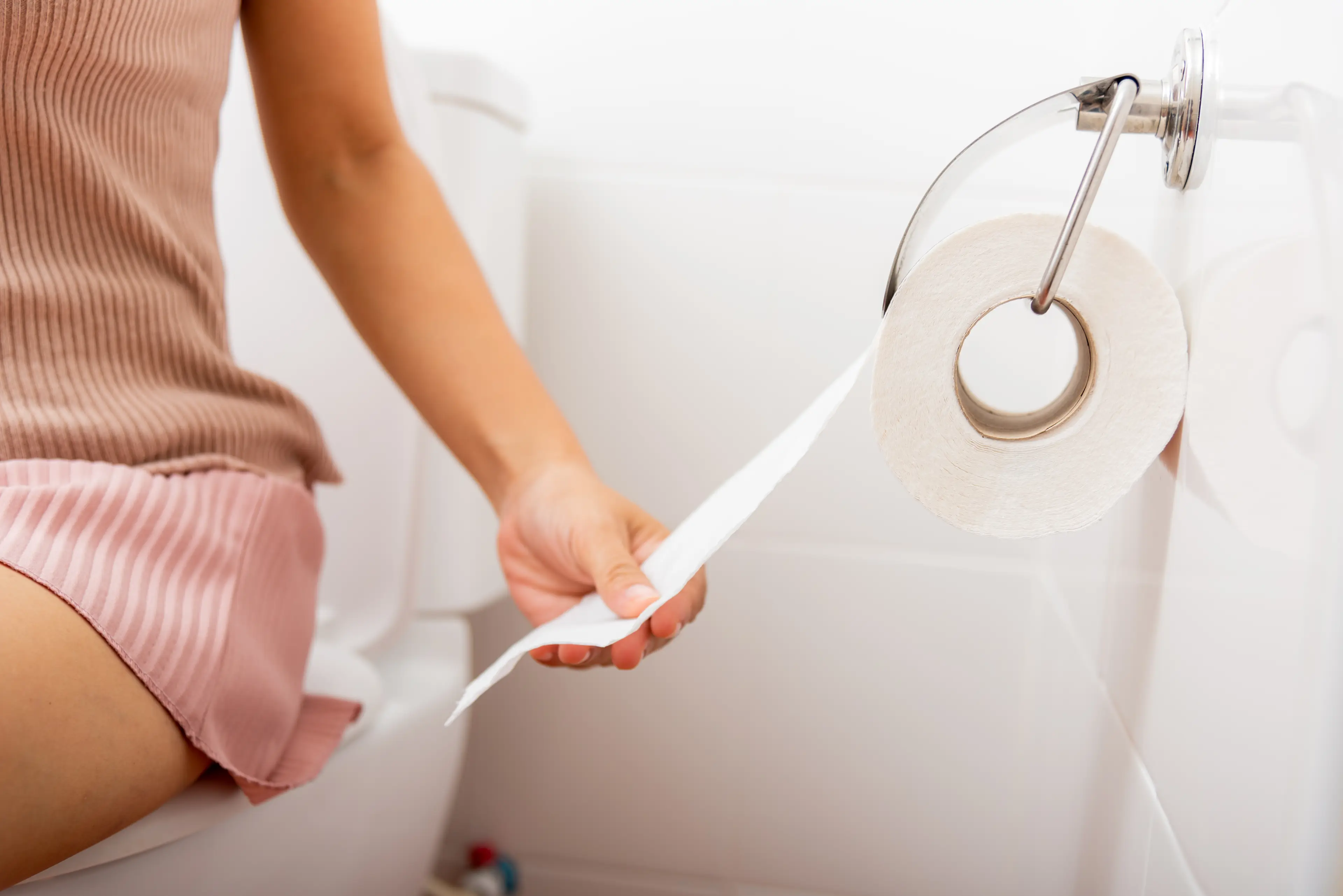
You know the drill, you’re just about to go into the cinema screening room and think ‘what if I need to pee during the film?’ So, you go just in case.
But while many might think this is something that can prevent potential interruption to the film, it could be a bad idea.
This is because peeing when you don’t really need to could affect your bladder health.
Now, I’m not talking about if you do it every once and a while, it’s more like if you do it constantly that you’ll get a rude awakening.
Advert
Dr Lopa Pandya, MD, a urogynecologist at Aeroflow Urology, agrees that occasional ‘just in case’ wees aren’t bad but ‘if you’re doing this often, it can be habit forming.’
And Nicole Waetzman, nurse practitioner at Axia Women’s Health, explains that this isn’t a good habit to begin.

She told Parade: “This behavior can train your bladder in a negative way and cause bladder dysfunction.”
So, if you’re thinking about peeing just in case, here’s what you need to know.
Basically, when you need to wee, your body sends a signal to your brain that makes you start searching for a bathroom.
When your bladder is full, an emergency signal sounds off that you need to empty it ASAP.
So, if you wee before your bladder isn’t half full it can ruin this process.
Waetzman said: “Urinating frequently when you really don’t need to can train your bladder to hold less urine and interfere with the communication between your brain, bladder, and pelvic floor, leading to overactive bladder symptoms.”
An overactive bladder can mean that you’ll start needing to wee too often, you’ll be unable to hold it and you might leak while trying to find a bathroom, according to the Cleveland Clinic.
Waetzman explains that while there are treatments to help, it’s best to look for one that most suits your situation.
She said: “It is best to see a provider for an evaluation to discuss your symptoms and find a treatment that works best for you.”

This could be bladder training or even Botox.
The Mayo Clinic explains that an overactive bladder ‘causes sudden urges to urinate that may be hard to control’ and that ‘there might be a need to pass urine many times during the day and night’.
Noting that people with an overactive bladder might feel ‘self-conscious’ about their leaking or urgency, it can lead to them to ‘limit their work and social life’.
But there’s good news if you’re already suffering from these symptoms.
The clinic explained that ‘simple behaviour changes might manage symptoms of an overactive bladder’ which include ‘changes in diet, urinating on a certain schedule and using pelvic floor muscles to control the bladder’ as well as the treatments Waetzman noted.
So, while peeing just in case you might miss a few minutes of a film or a last minute 'just in case' before bed could seem like a good plan at first, if you keep it up you could require incontinence treatment in the future - and no one wants that.
